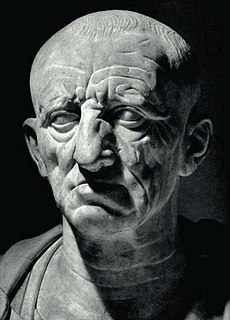A Quote by Henry David Thoreau
He who receives an injury is to some extent an accomplice of the wrong-doer.
Related Quotes
Never think that wars are irrational catastrophes: they happen when wrong ways of thinking and living bring about intolerable situations ... the root causes of conflict are usually to be found in some wrong way of life in which all parties have acquiesced, and for which everybody must, to some extent, bear the blame.
No one punishes the evil-doer under the notion, or for the reason, that he has done wrong -- only the unreasonable fury of a beast acts in that way. But he who desires to inflict rational punishment does not retaliate for a past wrong, for that which is done cannot be undone, but he has regard to the future, and is desirous that the man who is punished, and he who sees him punished, may be deterred from doing wrong again.
I was born with the wrong sign
In the wrong house
With the wrong ascendancy
I took the wrong road
That led to
The wrong tendencies
I was in the wrong place
At the wrong time
For the wrong reason
And the wrong rhyme
On the wrong day
Of the wrong week
Used the wrong method
With the wrong technique
Wrong
Wrong.
Gratitude is a virtue disposing the mind to an inward sense and an outward acknowledgment of a benefit received, together with a readiness to return the same, or the like, as occasions of the doer of it shall require, and the abilities of the receiver extend to. He who receives a good turn, should never forget it: he who does one, should never remember it.



































